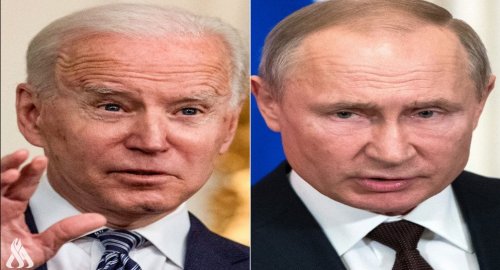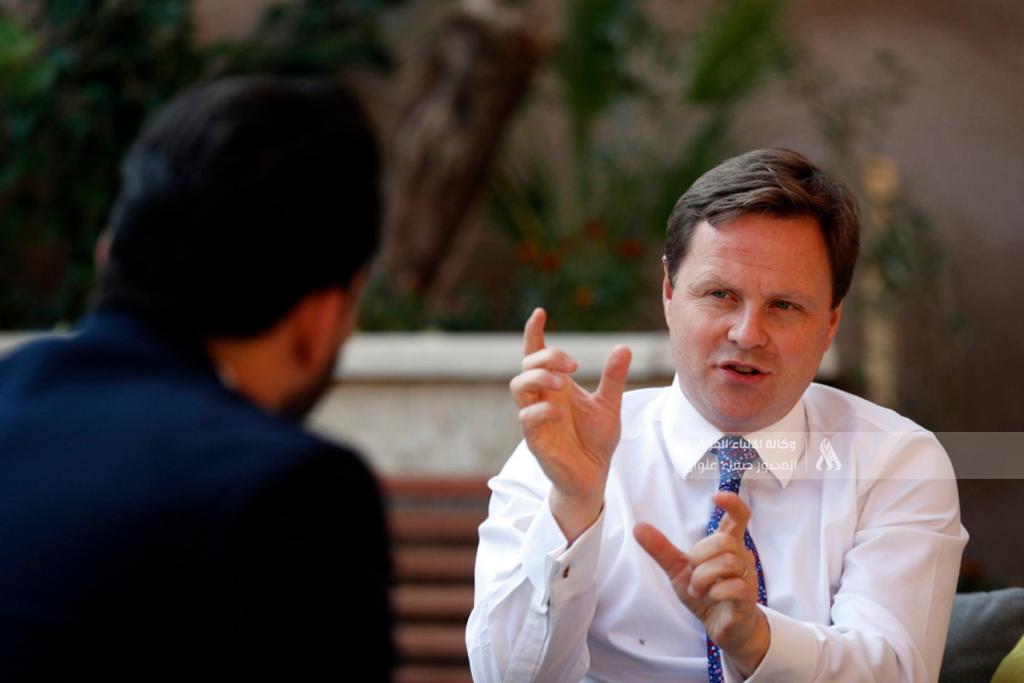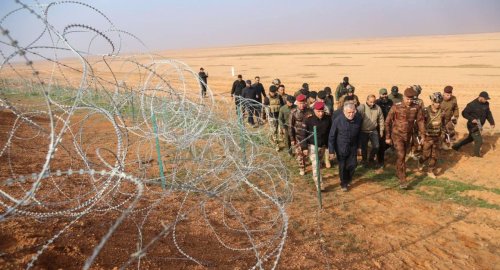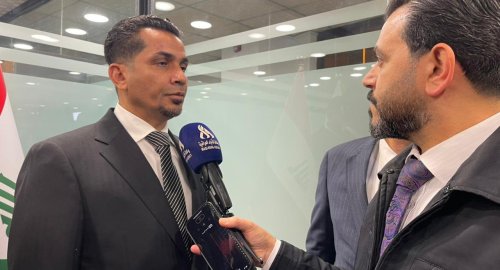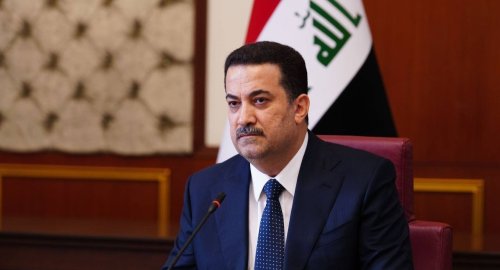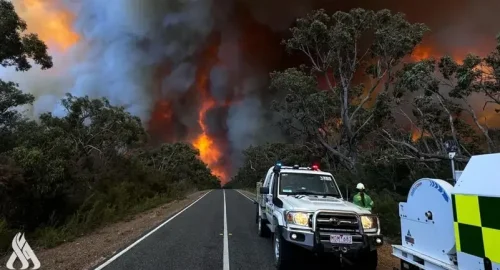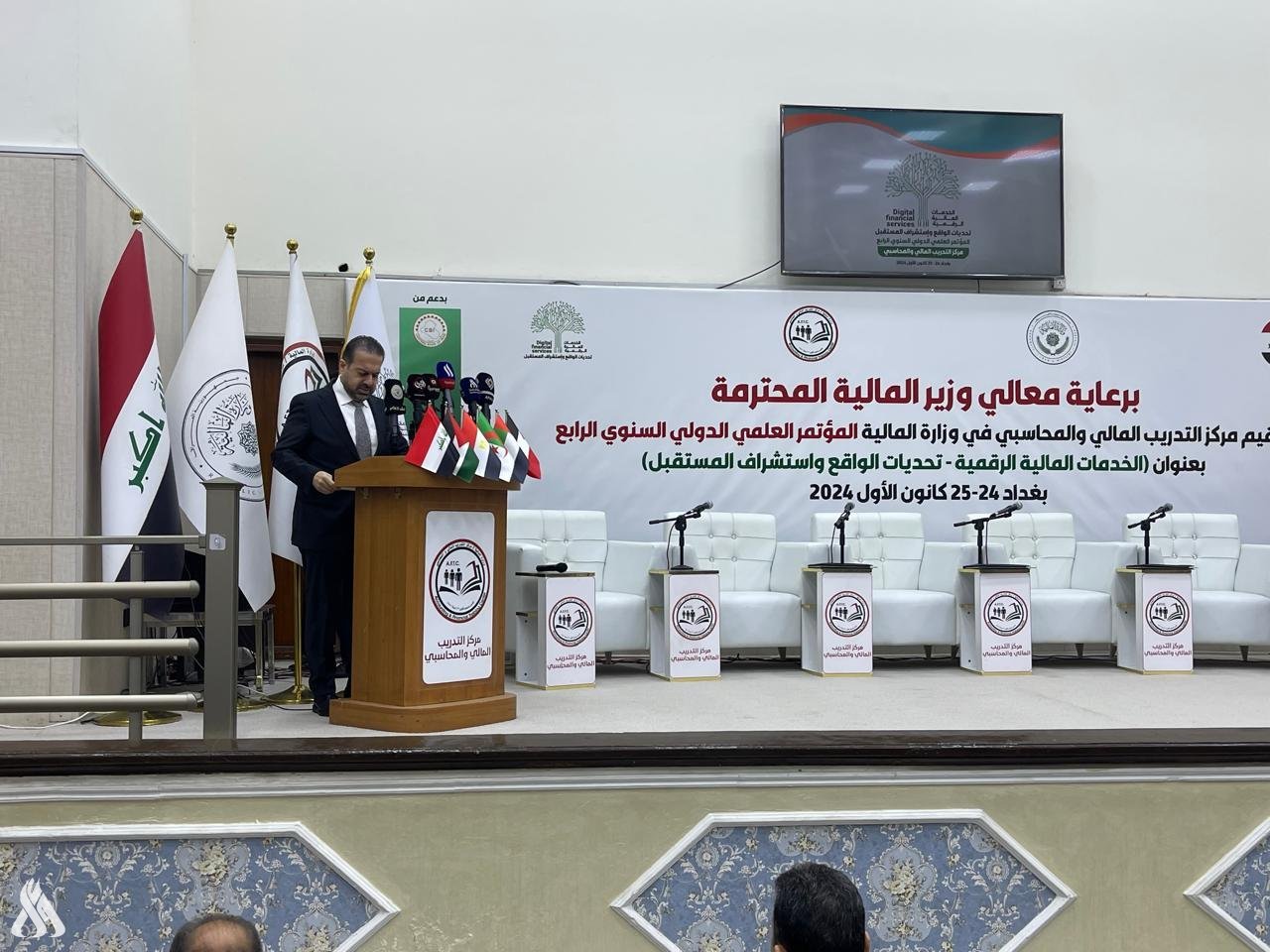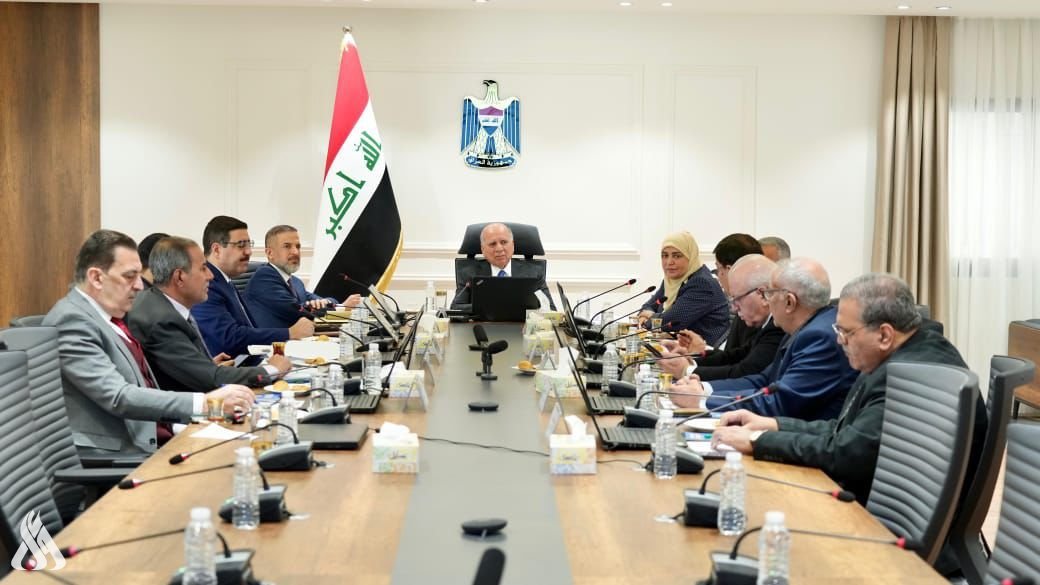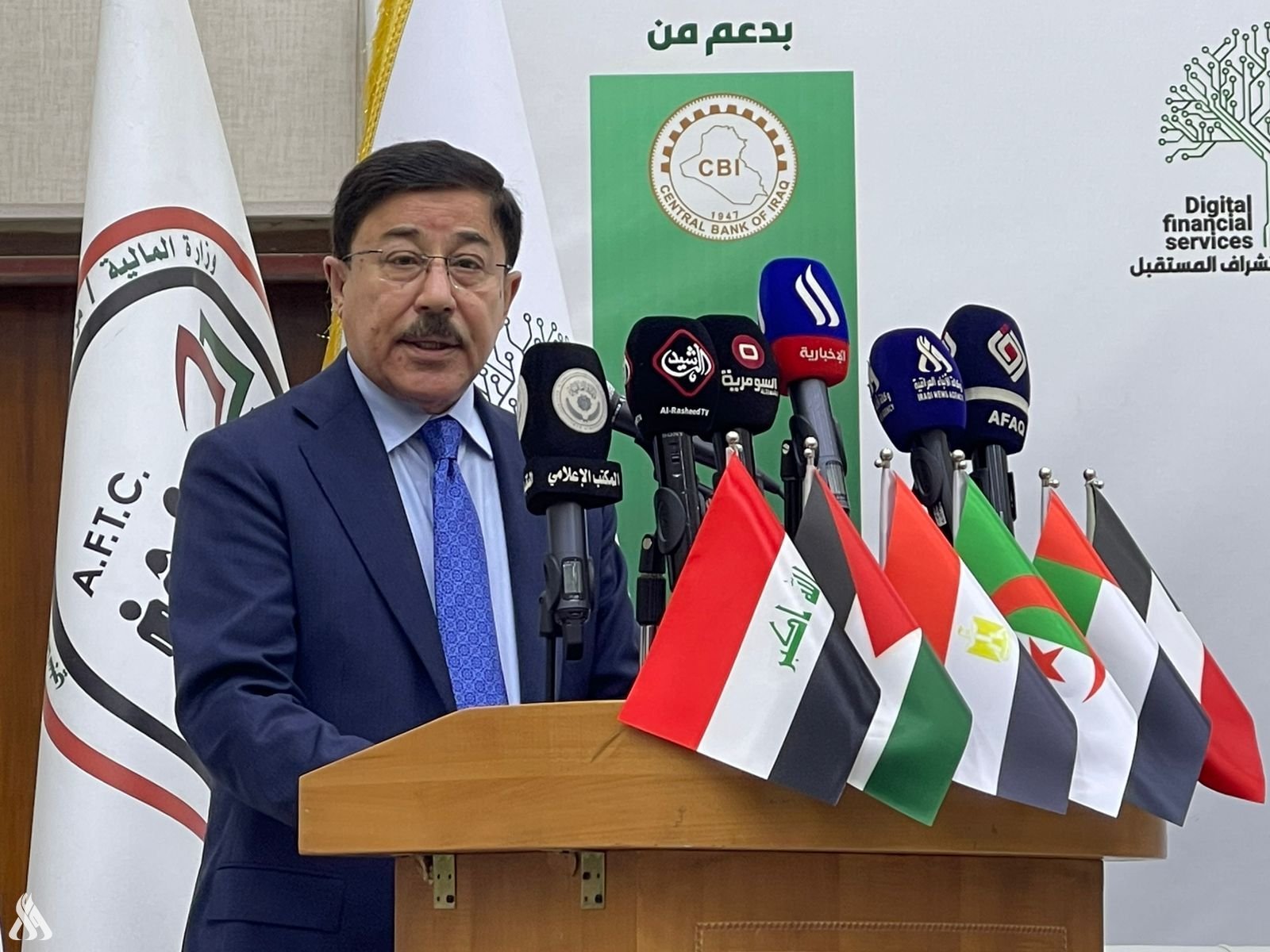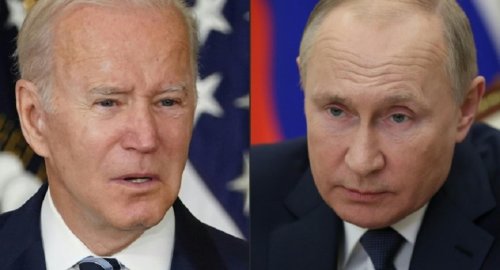
No concessions, no breakthroughs: Russia, US start 'difficult' talks on Ukraine

- 10-01-2022, 09:28
INA-sources
Russia said on Sunday it would not make concessions under U.S. pressure and warned that this week's talks on the Ukraine crisis might end early, while Washington said no breakthroughs were expected and progress depended on de-escalation from Moscow.
The hard line from Moscow underscored the fragile prospects for negotiations that Washington hopes will avert the danger of a new Russian invasion of Ukraine, at the tensest point in U.S.-Russia relations since the Cold War ended three decades ago.
Talks begin on Monday in Geneva before moving to Brussels and Vienna, but the state-owned RIA news agency quoted Deputy Foreign Minister Sergei Ryabkov as saying it was entirely possible the diplomacy could end after a single meeting.
"I can't rule out anything, this is an entirely possible scenario and the Americans ... should have no illusions about this," he was quoted as saying.
"Naturally, we will not make any concessions under pressure" or amid constant threats from participants in the talks, said Ryabkov, who will lead the Russian delegation in Geneva.
Moscow was not optimistic going into the talks, Interfax news agency quoted Ryabkov as saying.
The U.S. prognosis was similarly gloomy.
"I don't think we're going to see any breakthroughs in the coming week," U.S. Secretary of State Antony Blinken said in a CNN interview.
In response to Russian demands for Western security guarantees, the United States and allies have said they are prepared to discuss the possibility of each side restricting military exercises and missile deployments in the region.
Both sides will put proposals on the table and then see if there are grounds for moving forward, Blinken said.
"To make actual progress, it's very hard to see that happening when there's an ongoing escalation, when Russia has a gun to the head of Ukraine with 100,000 troops near its borders," Blinken said in an interview with ABC News.
Ahead of the formal talks, U.S. Deputy Secretary of State Wendy Sherman met with Ryabkov on Sunday in Geneva and told him Washington "would welcome genuine progress through diplomacy," the State Department said.
Ryabkov told reporters his meeting with Sherman had been "complex but businesslike," Russian news agency Interfax said.
Tens of thousands of Russian troops are gathered within reach of the border with Ukraine in preparation for what Washington and Kyiv say could be an invasion, eight years after Russia seized the Crimea peninsula from Ukraine.
The comments from Russia's Ryabkov, who has compared the situation to the 1962 Cuban missile crisis when the world stood on the brink of nuclear war, were consistent with the uncompromising line Russia has been signaling for weeks.
Russia denies invasion plans and said it is responding to what it calls aggressive and provocative behavior from the NATO military alliance and Ukraine, which has tilted toward the West and aspires to join NATO.
Further complicating the picture, Russia sent troops into neighboring Kazakhstan last week after the oil-producing former Soviet republic was hit by a wave of unrest. Russia's foreign ministry reacted furiously on Saturday to a jibe by Blinken that "once Russians are in your house, it's sometimes very difficult to get them to leave."
Source: France24
Al-Ameri visits the border strip in the Al-Qaim area
- Security
- 01:50
Oil prices set for weekly gain on China expectations
- Economy
- 12:04
Australia orders urgent evacuation as massive bushfire rages in national park
- International
- 08:57
US Central Command: We killed ISIS terrorist leader Abu Yusuf in Syria
- International
- 24/12/20
7 ISIS elements arrested in Kirkuk
- Security
- 24/12/20

